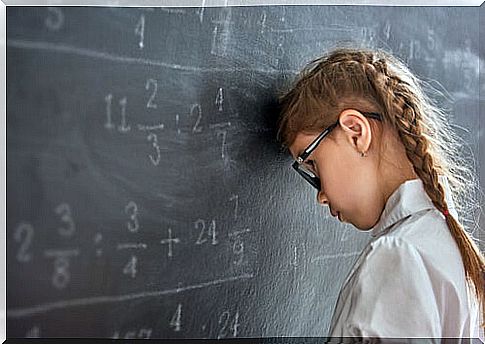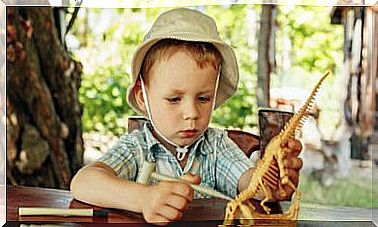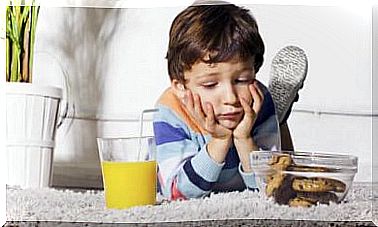School Failure: Causes And Conditions

School failure is understood as the fact of not completing the minimum academic degree for the educational system to which it belongs. It is a phenomenon that occurs at a very high level in many countries. We look at some causes and influencing factors.
First, it is worth distinguishing the difference between school failure and school dropout or dropout. The first, as we explained previously, means not reaching the minimum required level. While dropout includes those who achieved this level but did not complete high school, as the years of mandatory education in Brazil are called.
The term “failure” was strongly challenged, as it carries the implicit idea that people who don’t have high school have failed in life. Furthermore, it gives the feeling of placing all responsibility on the student, when educators, parents and the State also play a role in this process.

We will analyze, below, the most important aspects in relation to school failure:
causes of school failure
- Lack of motivation or disinterest on the part of the student. It is uncommon for primary school students, but it is a reality in cases where parents do not play their role as guides and mentors. Children can easily be tempted by unhealthy distractions if they don’t have someone to teach them the way forward.
- Intellectual deficit. Represents a minimum group of students who do not meet the minimum requirements of the educational system. Only 2% of them show deficiencies in their ability to process concepts, operations or other types of data.
- Learning problem. Dyslexia or dyscalculia are common disorders among school-age children and make up a high number of cases of school failure.
- Vision Problems. Oddly enough, vision problems are the source of a high percentage of educational frustrations.
- Family and socio-cultural context. The conditions of a person’s life influence their academic or work performance. However, according to UNICEF, this does not imply that the children of parents with higher educational income obtain better results. There are studies that contradict this theory.
- Failures of educators. As in all jobs and professions, there are good and bad teachers. The clarity to transmit knowledge, the treatment with the child and the group management of a teacher makes the results of their students better or worse. However, it could be considered as a secondary condition, as it is not enough by itself to cause a person’s academic failure.
conditioning factors
In addition to the causes presented above, there are also other agents that influence the correct development of the educational process.
First, we can consider the emotional conditions a child develops. This includes interpersonal relationships (with family and peers), emotional balance and restraint provided.
Furthermore, it also influences the way in which educational success is promoted in the family nucleus. As parents, it is necessary to set an example, accompany the child at this stage, have empathy and value their achievements. Children should know that school is not “a waste of time” as everyone once thought. Rather, demonstrate how this will help plan for a better future.
Another lesson parents should learn is not to measure learning based on test scores. School is much more than that: it is learning to live together, socialize, reason and solve problems. We must see education as an integral, not a statistical number.

Lastly, something that undoubtedly plays a role are the socio-economic conditions in which education takes place. According to the study Inequality: An Analysis of Collective (Un)happiness, by Richard Wilkinson and Kate Pickett, there is a very close relationship between the level of poverty in a community and the educational success of its children.
School failure statistics
Although some of these measurements also include who has dropped out of school, there are surveys that are useful to delimit the current panorama.
Studies by official organizations indicate that in Spain school failure reaches 20%. A percentage that is only surpassed by Portugal. The positive side is that in the last ten years this index has decreased by almost 10%, and this can guide us and lead us to understand which mechanisms are adopted by these countries that are really effective and capable of changing our own scenario.
Those who continue on this scale are Malta (19.8%) and Romania (19.1%). Sweden, on the other hand, reflects an enviable 7% in this regard. Croatia (2.8%), Slovenia (5%), Cyprus (5.3%) and Poland (5.3%) are in the same path. We can also cite countries with lower rates such as Italy, Greece, Denmark and France.









